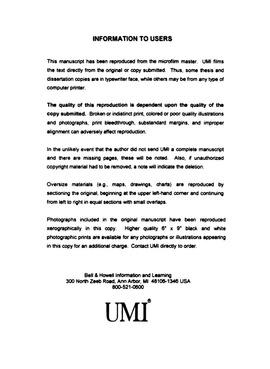The role of metaphysics, common-sense, and interpretations of classical Greek philosophy in Sidgwick's utilitarianism and Whitehead's virtue ethics.
Abstract
Whitehead's metaphysical and ethical arguments accomplish two related goals. The first is a criticism of modern ethical theory---the Utilitarian views of Sidgwick and Mill and the Theistic Intuitionism of the Cambridge Moralists (itself founded on Kantian Deontological commitments). I argue that Whitehead's rejection of these views depends on a rejection of the subject/predicate substance metaphysics inherited by Sidgwick, et al, from Aristotle, a rejection of the method of philosophizing that is drawn from 19th-century interpretations of Aristotle, and an amended view of the role of common-sense in speculative philosophy. From these negative views, along with his positive metaphysical, ethical, and methodological commitments, I show that Whitehead provides a theory of virtue that replaces its Utilitarian and Intuitionist competitors and stands as a rival to generally Aristotelian virtue ethics.
Collections
- OU - Dissertations [9426]
